Written by Mary Snapp - Corporate Vice President and Head of Microsoft Philanthropies
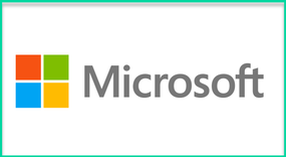
Right now, fewer than 3 percent of all bachelor’s degrees awarded in the United States are in the field of computer science. Yet, computer programming jobs are growing at twice the national average and are among the top paying fields. Our tech fueled world is expected to generate 1.4 million computing jobs in the U.S. alone by 2020. Today, there are already more than 604,000 open computing jobs nationwide. However, only 40 percent of schools in the U.S. teach any form of computer science.
So why, then, aren’t more young people jumping at the chance to learn skills that will qualify them for rewarding work? The answer is nuanced, but one of the biggest barriers is straightforward – the lack of equitable access to computer science education and related skills essential for 21st century careers.
Our own efforts during CSEdWeek and throughout the year center on making computer science more accessible and inclusive. In partnership with nonprofit Code.org and other leading tech companies, Microsoft is encouraging millions of young people globally to spend an hour this week – and beyond – getting started on their journey of learning computer science. To that end, the Minecraft Hour of Code Designer is a tutorial for students and educators created by Microsoft and Mojang for Hour of Code.
The tutorial allows players to create their own custom game experience, plugging together blocks of code to control the behaviors of sheep, zombies and other creatures. It includes a set of 12 challenges, followed by free play time so users can create a game using the coding concepts they’ve just learned. Throughout the week, Microsoft will lead hundreds of free hands-on coding workshops in Microsoft Stores around the world. Our YouthSpark Hub offers even more resources for finding in-person coding camps, as well as coding tutorials.
Additionally, this week, in partnership with the California Academy of Sciences and KQED, Microsoft will host Hacking STEM activities where students will apply coding to a relatable challenge in their own world. In an accessible format, they will learn more about earthquakes by building and coding a functional sensor-enabled seismograph – engineering, equipping and testing prototypes with the potential to help mitigate earthquake damage.
Over many years, Microsoft has developed such partnerships and programs that help reach young people who are most likely to be among those without access to computer science education —particularly girls, minorities and those living in rural areas with limited connectivity. We collaborate closely with nonprofits around the world, including Boys & Girls Clubs of America, to deliver computer science learning in clubs throughout the U.S., and with Coder Dojo across Europe. Their efforts are critical to reach underrepresented groups and close the skills gap.
As part of Microsoft Philanthropies, we also run a program called TEALS (Technology Education and Literacy in Schools), which pairs computer engineers from Microsoft and other tech companies with full-time high school teachers to teach introductory and advanced placement (AP) computer science. In addition to TEALS, the company works with a broad spectrum of educators to help prepare students for the digital future. This week, that includes expanding resources in Microsoft Imagine Academy – a one-stop shop for digital curriculum, fundamental technology skills certification and teacher training tools.
In my role, I’ve had the opportunity to meet with educators and nonprofits eager to collaborate on creative ideas, get kids excited about coding and make positive shifts in public policy to improve accessibility to computer science. From visiting dozens of schools, Boys & Girls Clubs and other programs, I’ve seen firsthand that from the minute kids sit down and start coding, the world around them disappears. When coding is fun, they respond intuitively and love diving in.
Expanding access to computer science – for all – is why initiatives like CSEdWeek are so important. Together, we can work to ensure any young person who wants to learn critical computational skills or go on to study computer science in community college or university has these options. And, in just an hour, we can start them on a journey where they gain the skills and knowledge needed to pursue their passions in our increasingly digital world.






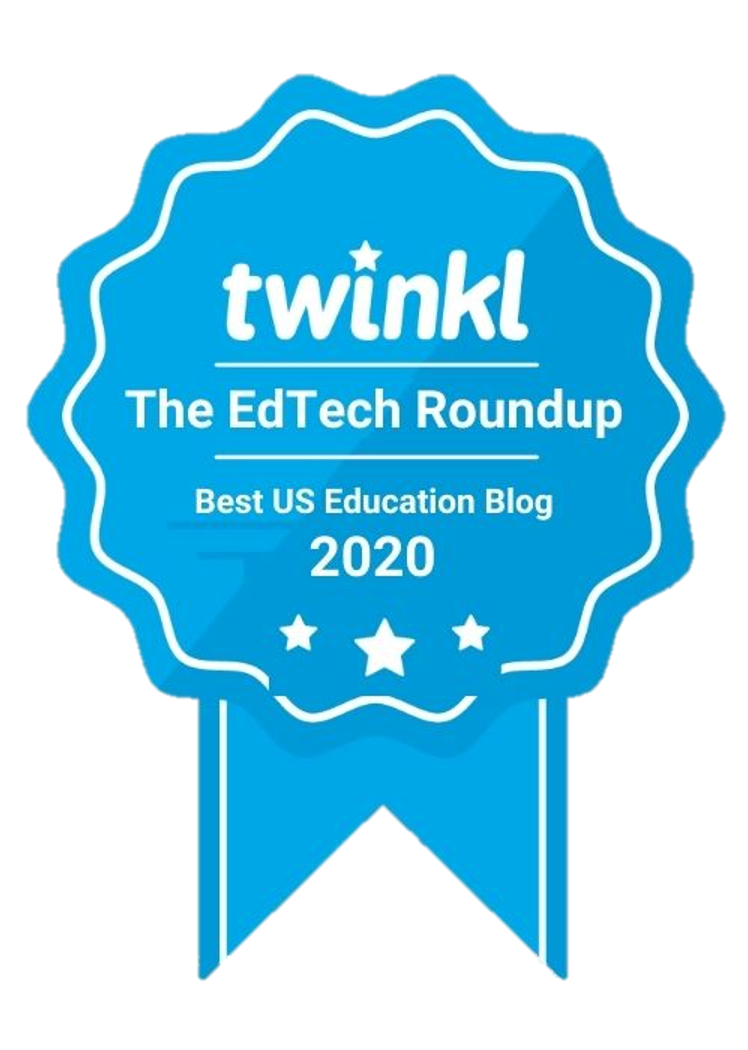
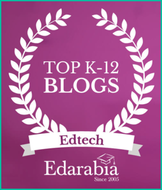
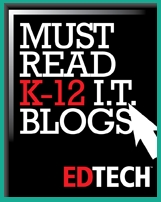
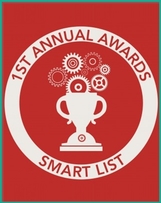
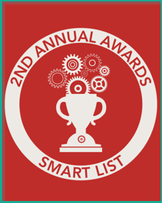
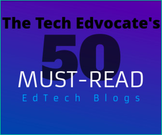
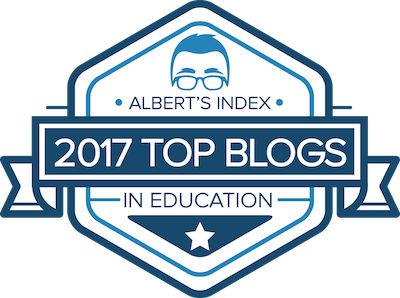
 RSS Feed
RSS Feed
